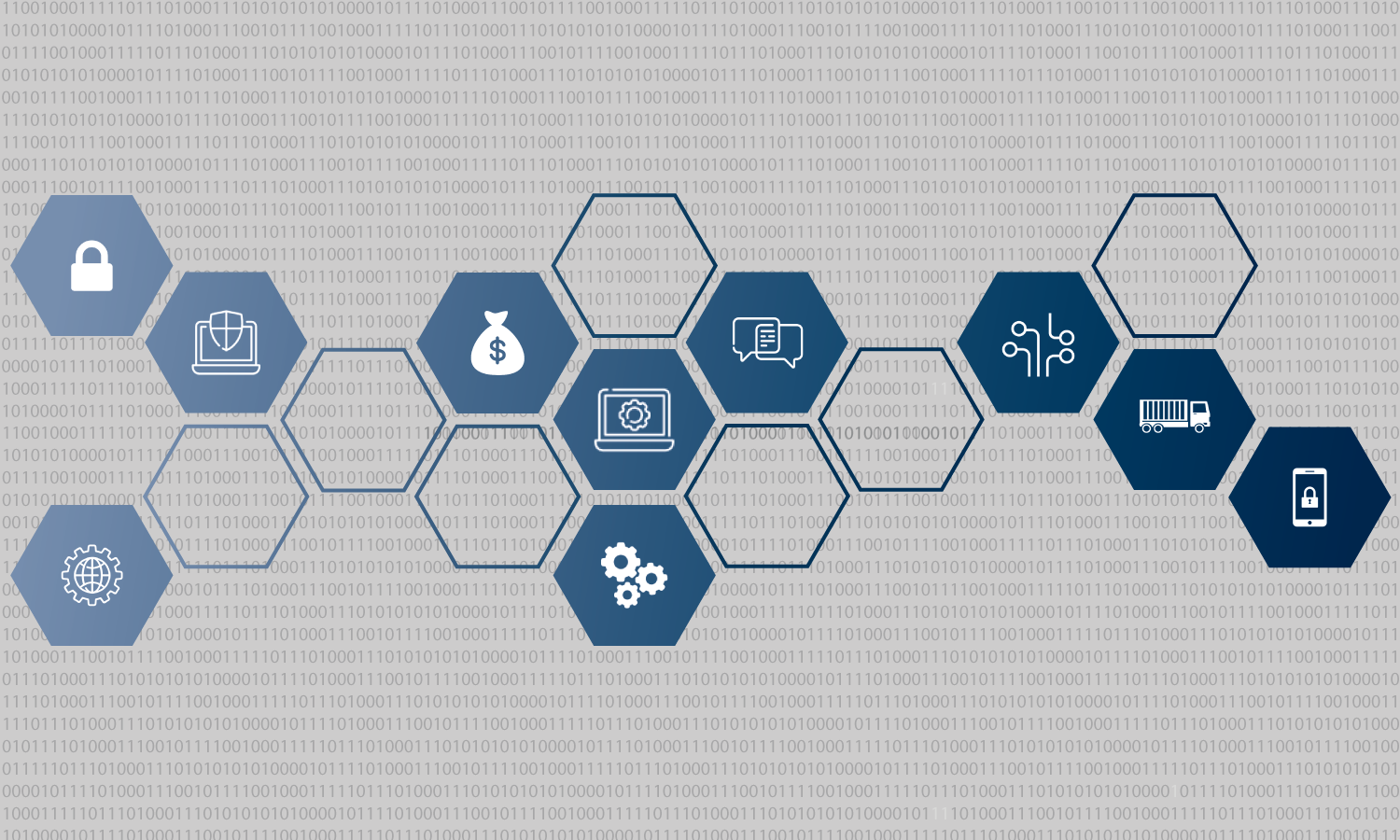What is blockchain? Talk about this technology has been all over the internet lately, but what does it mean? A blockchain is a database of transactions that holds records (blocks). These linked blocks are secured using cryptography. The data in these transactions cannot be changed or deleted, which results in a permanent trail of info. Here’s how blockchain can benefit your supply chain:
- Transparency
Since blockchain records every change, there is total transparency among all parties. All changes are traceable and the info is reliable. Using this technology provides accurate info as your product journeys through the supply chain. As a result, this builds trust among parties and removes the need for a middle man. Potentially, this could also increase the trust of your consumers. If you shared this info, they’d know the exact origin and path of your products.
- Security
When you approve a transaction, it is embedded in the blockchain. These recorded and encrypted changes are audit proof. In addition, blockchain tech uses the consensus principle. This means that any party can add info but other parties must verify before it becomes a permanent block.
- Real-time Decisions
With blockchain logic, no inventory can exist in the two places at once. For example, when a product ships, that transaction will update for everyone. If there are any discrepancies, all participants will be able to see. This would be able to help you prevent and catch human errors.
- Cost
Blockchain can automate many administrative processes and reduce paperwork. With this technology, you can set up “smart contracts.” These are contracts that fulfill themselves when they meet their conditions. As a result, you can reduce both the time and cost of transactions.
Still not convinced? Here’s an example of where blockchain could’ve helped. You may remember the Chipotle E. coli outbreak of 2015 when 55 people were infected. If Chipotle used this technology, they could’ve prevented and contained the outbreak. They could have viewed their ingredients’ journey through the supply chain and traced the origin quickly. The outbreak shattered the company’s reputation and they lost the trust of their customers. Chipotle’s stock dropped 42% and has not fully recovered since.
In the future, blockchain will provide firms with transparency and security. It will allow you to make less costly, real-time decisions. These benefits will prevent and contain supply chain issues with ease.



